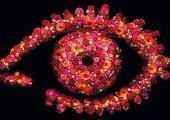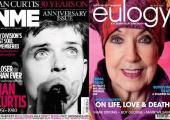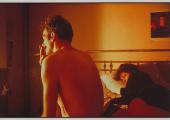The King is Dead, BBC Three

Bad enough to make you want to snuff out an entire channel
It's not that I feel like a middle-aged fuddy duddy exactly - although I was even almost too old for The Word and I'm clearly not the target audience for BBC Three. But if I were still in the 16-34 age group - even at its most juvenile end - frankly I’d be insulted by a show like The King is Dead. Is it a valid criticism of a BBC Three show to call it puerile? Perhaps not, but unfunny is unfunny.









